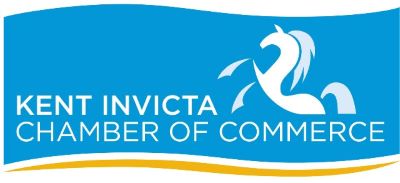Over two million of the UK's smallest businesses believe reducing their own carbon emissions "will not make a significant difference to climate change" according to a new survey.
Research by Start Up Loans, part of the British Business Bank, has found that 67% (3.7 million) of micro-businesses have never sought information on how to reduce their carbon footprint and 40% (2.1 million) don't believe reducing their own emissions will make any difference.
The UK government has set out its plan for reaching net zero by 2050. However, these findings suggest that it has a very long way to go to convince many of the UK's estimated 5.3 million micro-businesses - defined as any business with 0-9 employees - to do their part in reducing emissions.
The findings of the study show that:
- 50% find the language, terminology and information around sustainability inaccessible;
- 78% don't fully understand the term Net Zero;
- 72% don't fully understand the term carbon neutral;
- 67% have never sought information on how to reduce their carbon footprint;
- 46% don't know where to go for information.
On a positive note, 50% of the micro-business owners surveyed said they would value information that would help them assess whether reducing their carbon footprint would make financial sense for their business.
The British Business Bank's #GreenToGrow campaign aims to help smaller businesses to see the commercial benefits of investing in decarbonisation. It offers free online resources, including the Green Decoder, an online guide co-created with Nottingham Trent University to help smaller businesses decipher the terminology surrounding decarbonisation.
A key factor for small firms could be the attitudes of consumers. Research suggests that it makes economic sense for micro-businesses to consider reducing their carbon footprint. A survey published by Hearts & Science has found that half (52%) of consumers now take a brand's eco-credentials into consideration when choosing products, and one in five (21%) have made the decision to stop buying from brands because of their environmental impact.
However, small business owners say that reaching Net Zero is challenging. Jeroo Doodhmal, founder of Pip and Henry, a sustainable children's shoe company, said: "There is a lot of energy and ambition among small business owners to make their operations sustainable and Net Zero, but I think it's fair to say that in practice it's more complicated to implement both at the same time without consistent support and access to the right information.
"While we create sustainable products, we do have an international supply chain which results in a greater carbon footprint than if we were entirely UK-based. Because a lot of our sustainable materials such as pineapple leaves and coconut fibres are sourced abroad, that's likely to be an ongoing challenge."
Richard Bearman, managing director of Start-Up Loans, said: "The UK's start-up and micro-business community has enormous potential to contribute towards our national Net Zero agenda and it's clear that there is a job to be done in helping many to understand how important they are to that crucial process. This is especially true amid a backdrop of continued economic turbulence and rising operational costs, which is putting unprecedented pressure on smaller businesses.
"However, it's more important than ever for consumers to see the companies they buy from taking positive steps towards the climate crisis, even if they're not able to be completely carbon neutral."
Written by Rachel Miller.
